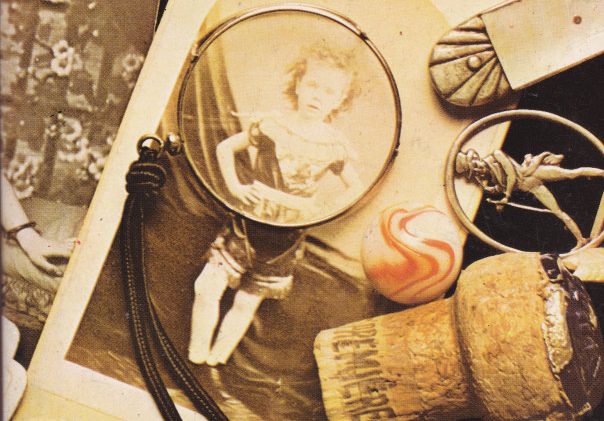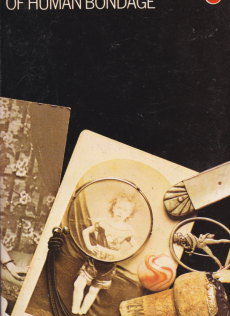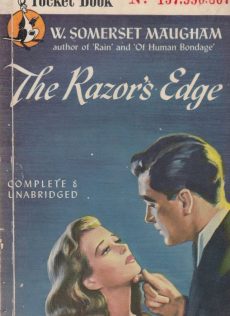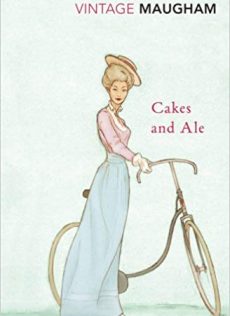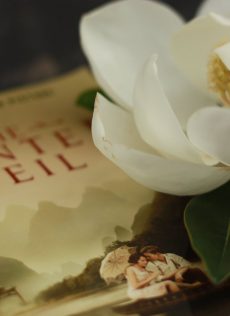William Somerset Maugham, CH (1874-1965) was a British playwright, novelist, and short story writer. Maugham’s masterpiece is generally agreed to be Of Human Bondage, a semi-autobiographical novel that deals with the life of the main character Philip Carey, who, like Maugham, was orphaned, and brought up by his pious uncle. Philip’s clubfoot causes him endless self-consciousness and embarrassment, echoing Maugham’s struggles with his stutter and, as his biographer Ted Morgan notes, his homosexuality.
Two of his later novels were based on historical people: The Moon and Sixpence is about the life of Paul Gauguin; and Cakes and Ale contains what were taken as thinly veiled and unflattering characterisations of the authors Thomas Hardy (who had died two years previously) and Hugh Walpole. Maugham himself denied any intention of doing this in a long letter to Walpole:[58] “I certainly never intended Alroy Kear to be a portrait of you. He is made up of a dozen people and the greater part of him is myself”—yet in an introduction written for the 1950 Modern Library edition of the work, he plainly states that Walpole was the inspiration for Kear (while denying that Thomas Hardy was the inspiration for the novelist Driffield). Maugham’s last major novel, The Razor’s Edge (1944), was a departure for him in many ways.

